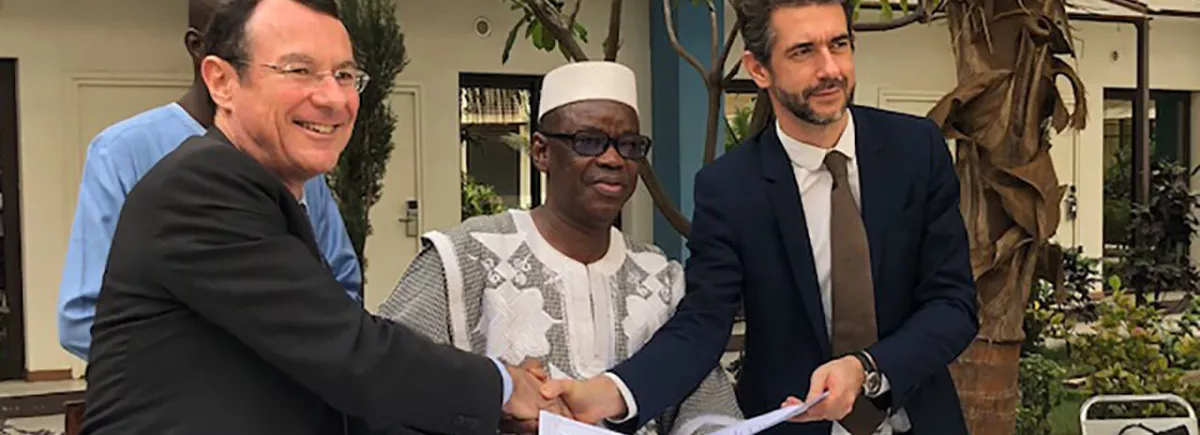
How can we improve youth inclusion with the help of the media?
Related project
MediaSahelThe three MédiaSahel national coordination committees have been meeting up since the beginning of the project to affirm their commitment to serving the Sahelian youth.
The crisis, which is now sweeping across the Sahel, cannot be resolved without pushing for greater inclusion of young people in social and political circles. In order to contribute to this goal, MédiaSahel aims to build the capacity of local media outlets as vectors for information and dialogue.
For 48 months, this project will support the radio stations of the border areas of Niger, Mali and Burkina Faso in producing youth-friendly content.
MédiaSahel meets their needs by offering platforms for communication and above all for dialogue.Its aim is to encourage them to voice their concerns and engage in the public debate and their country’s development.
"The young people of Niger are increasingly searching for communication platforms. This is reflected in the trend of fadas (neighbourhood gatherings) and also the use of social networks."
Amina Niandou, president of the Association of Professional African Women in communication (APAC-Niger), a partner of the project..
The MédiaSahel project got underway in the three countries in question (Mali, Niger and Burkina Faso) with the creation of national coordination committees and the signing of agreement protocols between the partners, CFI and the French Development Agency (AFD).

Signature of Memoranda of Understanding, Niamey, April 10, 2019
These committees unite all the key players involved in the project: representatives from the ministries of communication and/or youth, media regulation authorities and socio-professional associations in the fields of the media and advocacy for strengthening women’s participation, etc. Designed as a “Council of elders”, each committee will support the implementation of the activities using the expertise of its members on the issues addressed and their knowledge of the context and the key players.
These meetings highlighted the importance of understanding and conveying young people’s expectations regarding the media so that MédiaSahel can work as closely as possible with them.
Regular meetings dedicated to particular issues will allow the different activities to be monitored.

Signature of MoUs, Bamako, February 5, 2019
"We hope that this project allows young men and women from the Sahel to have better access to reliable, gender and conflict-sensitive information, and to tap into the media platform created in this way, in order to engage more freely in the public debate."
Hortense Zida, Secretary-General of the Ministry of Communication of Burkina Faso, a partner of MédiaSahel.

Signing MoUs, Ouagadougou, April 5, 2019


